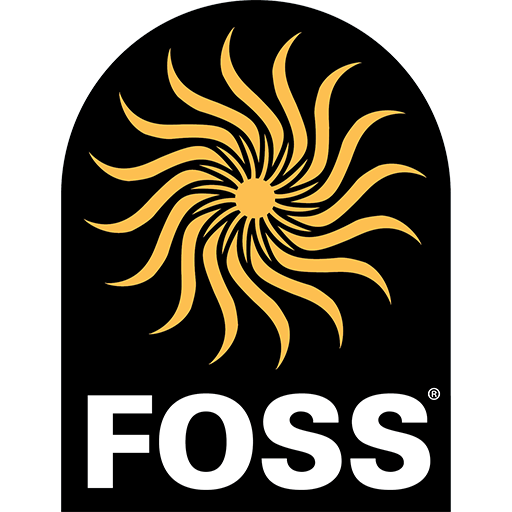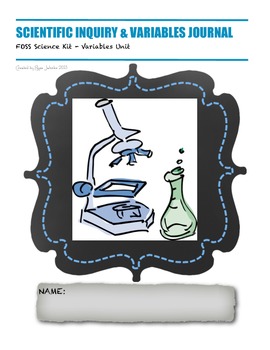FOSS, or Free and Open-Source Software, refers to computer programs that are freely available for anyone to use, modify, and distribute. FOSS has become increasingly important in the field of science, as it allows scientists to access and use software without incurring significant financial costs. In addition, FOSS allows scientists to examine and modify the source code of the software, enabling them to better understand how the software works and potentially find and fix any errors or bugs.
There are several variables that can impact the use and effectiveness of FOSS in science. One important variable is the availability and quality of documentation and support. In order for FOSS to be useful, scientists must be able to understand how to use and modify the software. This requires clear and comprehensive documentation, as well as access to support resources such as user forums or online communities.
Another variable is the level of community involvement in the development and maintenance of the software. FOSS relies on a community of volunteers and developers to contribute their time and expertise to the project. The more active and engaged the community is, the more likely it is that the software will be updated and improved over time.
A third variable is the compatibility of the software with other tools and systems. In the scientific field, it is often necessary to integrate different software programs in order to analyze and interpret data. Therefore, it is important that FOSS is compatible with a wide range of other tools and systems, in order to facilitate data analysis and collaboration between scientists.
In conclusion, FOSS plays a crucial role in the field of science by providing access to high-quality software at no cost. The availability and quality of documentation and support, the level of community involvement, and the compatibility with other tools and systems are all important variables that can impact the effectiveness of FOSS in science.





